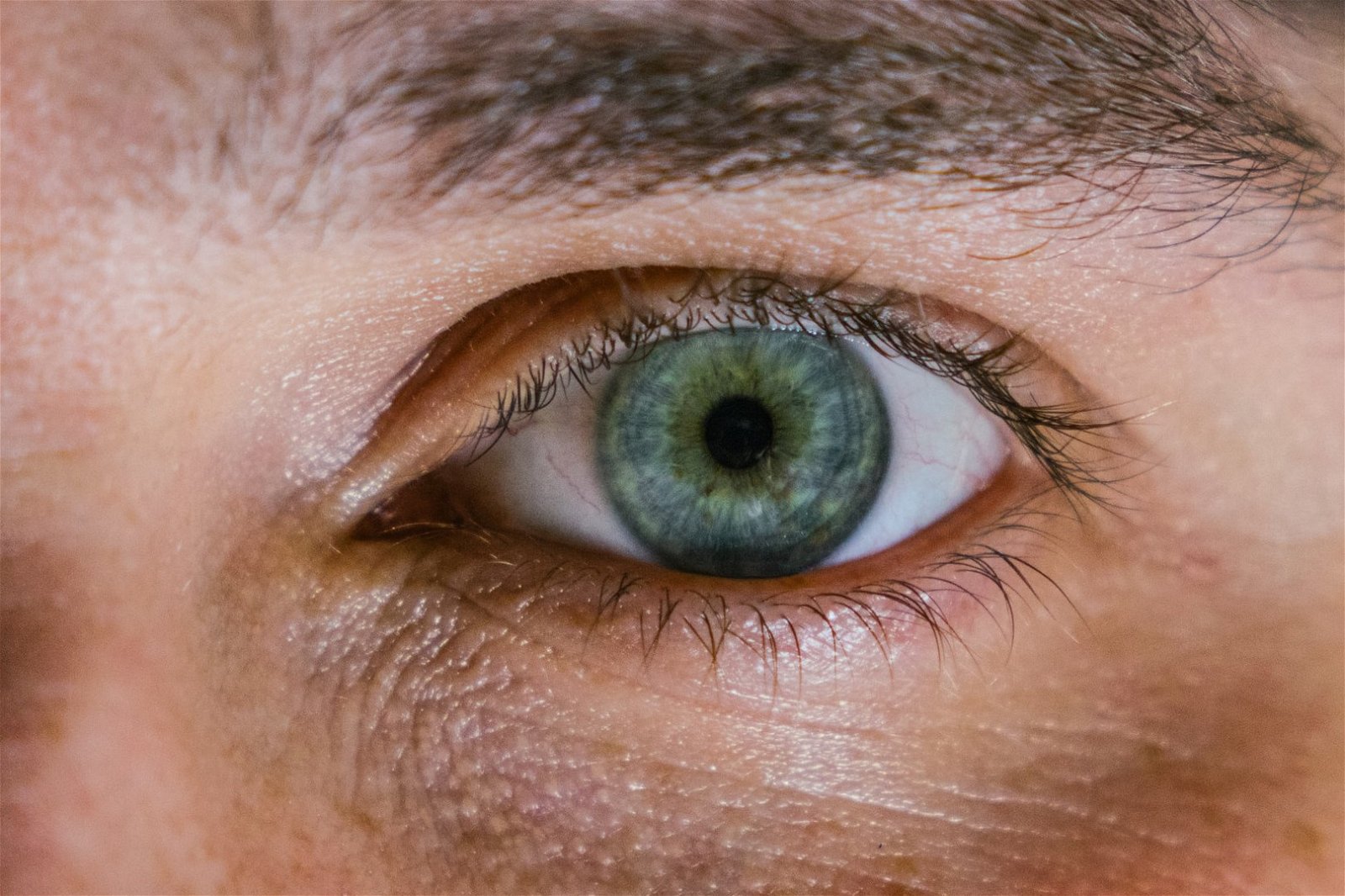A blind man has partially regained his vision for the first time with the help of photosensitive proteins that researchers extracted from algae.
The scientists used a type of gene therapy called optogenetics to add light-sensitive proteins to the 58-year-old Frenchman’s retina to control the cells in the back of his eye. Although he did not regain full vision as a result, the man with special glasses could again recognize, count and find different objects.
The man, who was being treated in Paris, was diagnosed 40 years ago with retinitis pigmentosa, a condition that leads to the death of light-sensitive cells on the surface of the retina of the eye. Worldwide, about two million people are said to suffer from the disease.
Optogenetics
In optogenetics, a relatively new technique in medicine, light-sensitive proteins are put into individual neurons, allowing neuroscientists to influence the activity of these neurons by means of light. The researchers, who published their results in the professional journal Nature Medicine, used proteins from algae and other microbes. They can therefore make every nerve cell sensitive to light.
“Initially, the patient couldn’t see anything with the system and that must have been very frustrating, of course,” explains co-author José-Alain Sahel of the University of Pittsburgh. And then he spontaneously got really excited and reported that he was capable of the white stripes (of a pedestrian crossing, ed.) across the street. ‘
Christopher Petkov, professor of neuropsychology at the University of Newcastle, speaks of a new milestone and points to the importance of a follow-up study. “This is a great development to restore vision using an innovative approach. The goal now is to see how well this could work in other patients with retinitis pigmentosa. ‘
Also read:
–

.jpg)
